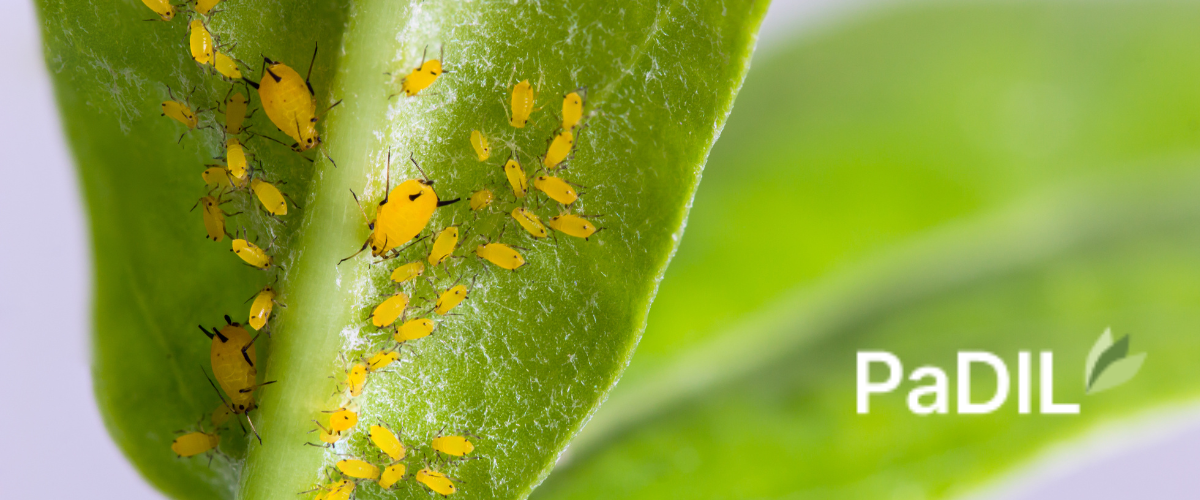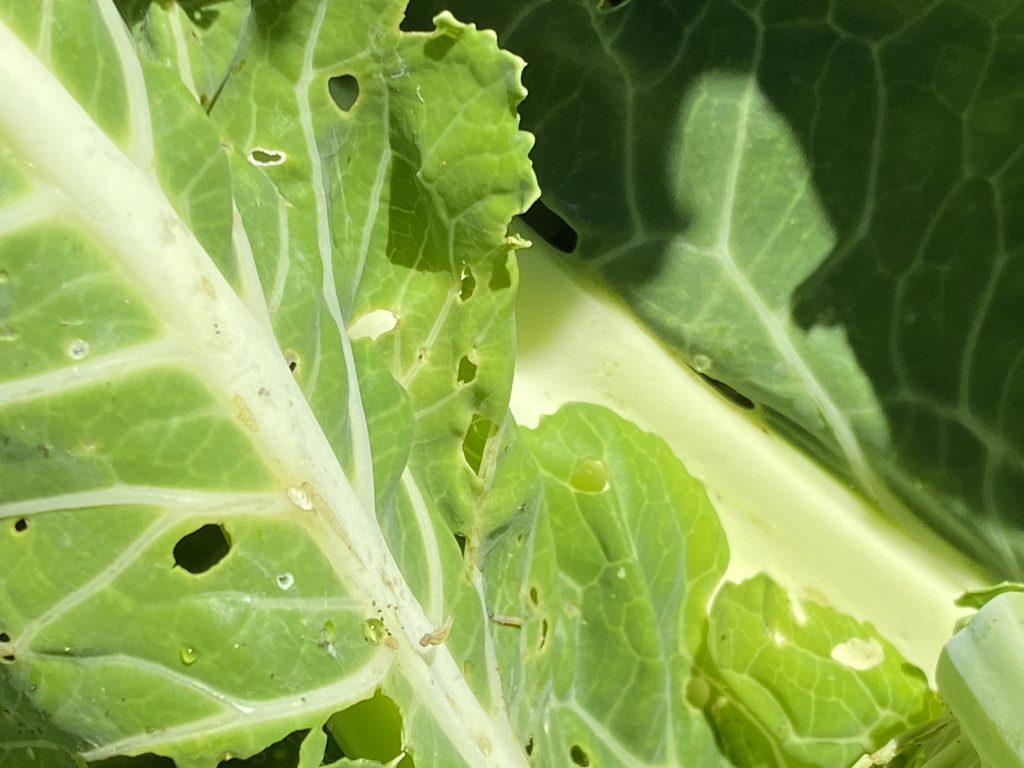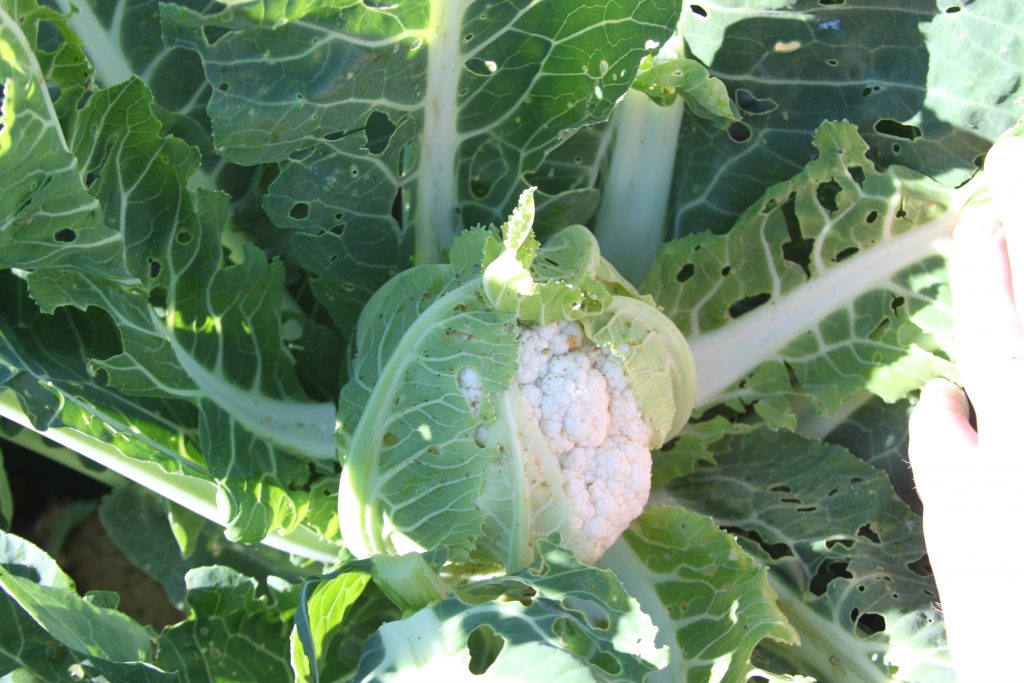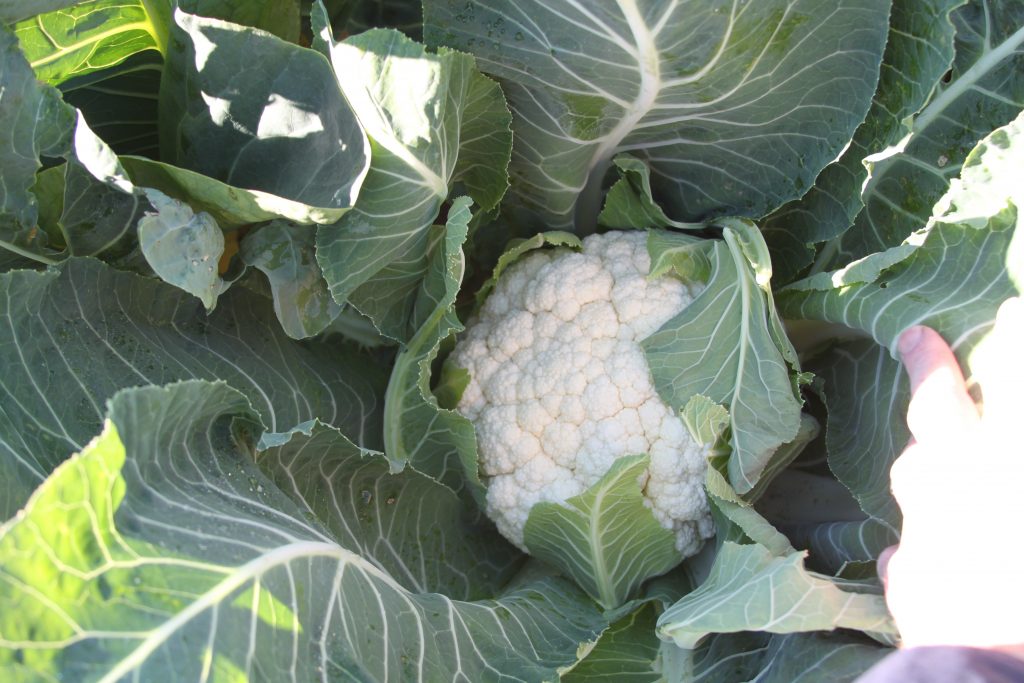
Improving Australia’s biosecurity toolkit
27 September 2022
AUSVEG Advocacy Update – 7 October 2022
10 October 2022Adding powerful rotational partners to insecticide programs in vegetable crops, both to strengthen control and prolong the life of existing chemistry, is always welcomed by growers.
And when it comes to tackling chewing pests in brassica as well as leafy and fruiting vegetable crops, it’s a role increasingly being played by Plemax® insecticide from ADAMA Australia.
Plemax has introduced a new mode of action in this segment, novaluron (Group 15), in combination with the trusted strength of indoxacarb (Group 22A). It is particularly helping to combat hard-to-control diamondback moth (DBM) and helicoverpa, whilst importantly extending the effectiveness of common insecticides used against these and other key chewing pests.

Diamondback (DBM) moth larvae feeding on an untreated plot of cauliflower in an ADAMA Australia trial at Werribee in Victoria.
Indoxacarb already is a widely used knockdown insecticide and its combination with novaluron, a slower mode of action insect growth regulator (IGR), has improved treatment efficacy and reduced the risk of resistance developing.
Both also have similar residual activity and rainfastness, further increasing the likelihood of target pests ingesting the active ingredients.

Damage from DBM larvae on the untreated cauliflower plot at harvest in the Werribee trial.
Brett Hansen, who supports growers through Central Queensland and the Northern Territory as Commercial Manager with ADAMA Australia based from Proserpine, said Plemax was being used mainly to control helicoverpa in tomato, capsicum and other fruiting vegetables in the region, as well as hard-to-control DBM in some Asian vegetable crops.
“Plemax is adding to the rotation of insecticide chemistry groups with its two modes of action attacking pests from two different directions, and with good residual activity, effectively taking the pressure off other groups, especially Group 28,’’ Brett said.
“The novaluron controls younger instars of insects, but, as a co-formulated knockdown and IGR containing two different actives, Plemax controls multiple pest populations at different life cycle stages.’’
He said Asian vegetable growers had enjoyed success against DBM after trialling the new insecticide.
“There are a lot of resistant DBM up here. Growers have used Plemax once and they are now spraying it again – so that’s a sign.’’
“It all comes back to marketable fruit and with other crops as well, like broccoli, you can see the difference with Plemax against key chewing pests compared with standard insecticides and untreated areas, where there can be bullet holes everywhere.’’

Cauliflower at harvest treated with Plemax at 300 mL/ha and Agral at 125 mL/100L at the Werribee trial.
ADAMA Australia’s Queensland and NT Market Development Manager Jim O’Connor agreed that Plemax was an excellent rotational partner to help prolong the life of existing chemistry, especially considering its strength compared with other benchmark insecticides.

